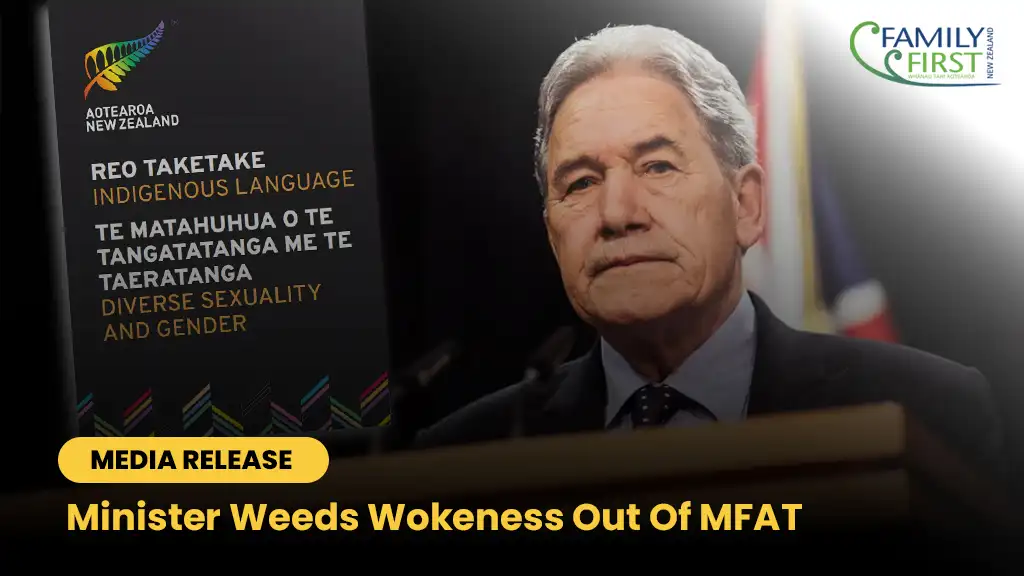Media Release 4 May 2019
A Canadian government study is showing disturbing trends already as a result of legalising marijuana, including increases in youth and overall use, and concerning trends in marijuana-impaired driving and workplace use.
The Canadian federal study released yesterday found a 27% increase in marijuana use among people aged 15 to 24 over the last year. Additionally, approximately 646,000 Canadians have reported trying marijuana for the first time in the last three months, an amount almost double the 327,000 that admitted to trying the drug for the same time period last year.
“These are disturbing trends, especially when considering the effects on mental health, addiction and public safety,” says Bob McCoskrie, National Director of Family First NZ.
Other concerning trends include:
- 15% of marijuana users got behind the wheel of a car within two hours of using the drug.
- daily users were more than twice as likely to believe that it was safe for them to operate a vehicle within three hours of ingesting the drug.
- 20% of Canadians who reported driving under the influence of marijuana admitted to also consuming alcohol at the same time.
- about 13%, or half a million, of Canadian workers who are active marijuana users admitted to using the drug either prior to or during work.
This report comes on the heels of another study finding that the black market in Canada is absolutely thriving, with over 79% of marijuana sales in the last quarter of 2018 occurring outside the legal market.
“Canada is quickly finding out that so-called regulation of marijuana does nothing to mitigate the harms of the drug. Legalisation simply exacerbates them. Diane Kelsall, editor in chief of the Canadian Medical Association Journal, called the new law “a national, uncontrolled experiment in which the profits of cannabis producers and tax revenues are squarely pitched against the health of Canadians.“.”
“Canada’s new law on legal marijuana demonstrates that cannabis legalisation is high in promise and expectations, but the reality is far lower. Evidence shows that marijuana – which has skyrocketed in average potency over the past decades – is addictive and harmful to the human brain, especially when used by adolescents. In US states that have already legalised the drug, there has been an increase in drugged driving crashes, youth marijuana use, and costs that far outweigh tax revenues from marijuana. These states have seen a black market that continues to thrive, sustained marijuana arrest rates, and tobacco company investment in marijuana. Portugal has seen a rise in the prevalence of alcohol and tobacco consumption and of every illicit psychoactive substance (affected by the weight of cannabis use in those aged 15-74) in the last five years.”
“Big Marijuana has high hopes for New Zealand, but liberalising marijuana laws is the wrong path to go down if we care about public health, public safety, and about our young people.”
ENDS




